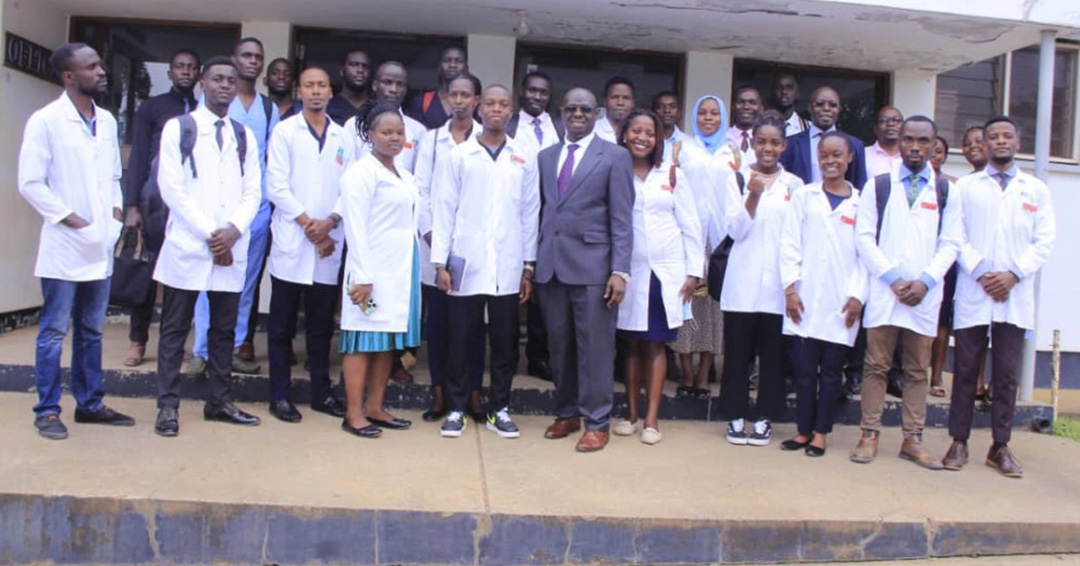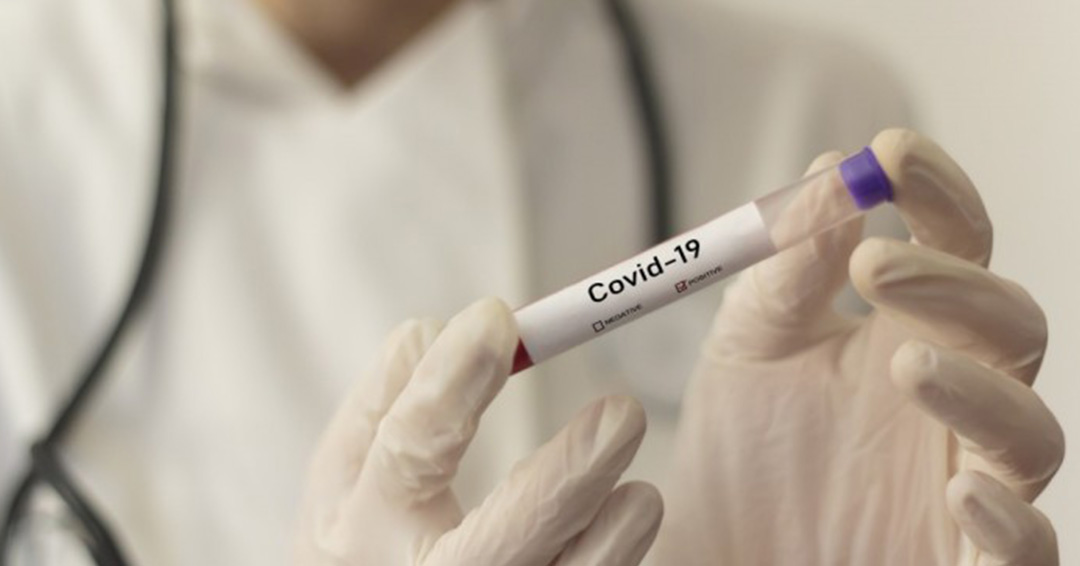
Sep
KIU Teaching Hospital Strengthens Partnership With Kitagata General Hospital
September 5, 2024, 9:40 am
 Administrator
Administrator

By Stephen Wandera
KIU, Main Campus - Researchers in Hong Kong have identified what they said was the first confirmed case worldwide of COVID-19 re-infection, raising questions about the durability of immunity, whether acquired naturally or with a vaccine.
"Our study proves that immunity for COVID infection is not lifelong. In fact, re-infection can occur quite quickly," said Kelvin Kai-Wang To, a microbiologist at Hong Kong University's Faculty of Medicine and lead author of a forthcoming study that details the findings.
"Even people who have shaken off the virus should practice social distancing, wear masks and practice handwashing, they should also get tested if suspected symptoms appear. COVID-19 patients should not assume after they recover that they won't get infected again," Kai- Wang To told AFP in an interview.
The case came to light when a 33-year old resident of Hong Kong passed through mandatory screening earlier this month at the Hong Kong airport on his way back from Europe. The so-called PCR swab test was positive.
This came as a surprise because the man had contracted and recovered from a COVID infection four-and-a-half months earlier, and was assumed to have immunity, especially after such a brief time since the infection.
To find out whether he had suffered a relapse or had been infected anew, To and his team sequenced the two virus strains and compared their genomes or genetic coding. The two viral signatures were "completely different", and belonged to different Coronavirus lineages.
The first closely resembled strains were collected in March and April, and the second strain matched the virus found in Europe, where the patient had just been visiting in July and August.
"The virus mutates all the time," said To. "It is very unlikely that the patient would have gotten the second virus during the first infection."
The fact that a blood sample taken shortly after the positive test at the airport showed no antibodies is a further indication that the second virus had not been lingering unnoticed for months.�
Kampala International University,
Box 20000, Ggaba Road, Kansanga, Kampala
+256-760 502660
+256-700 100808